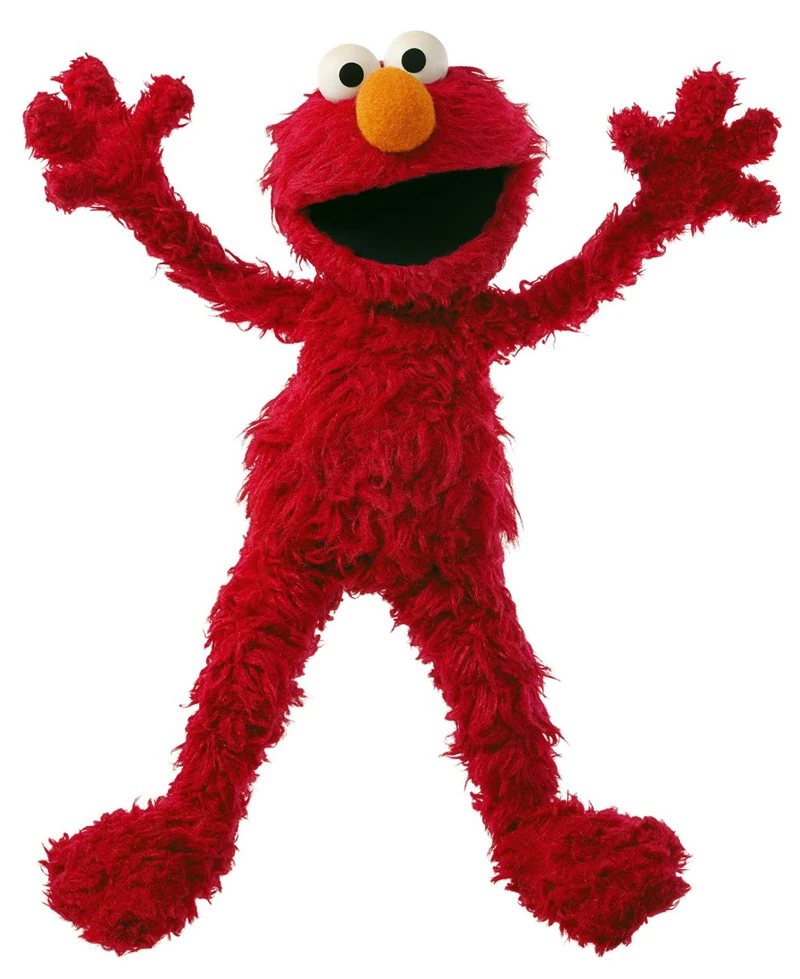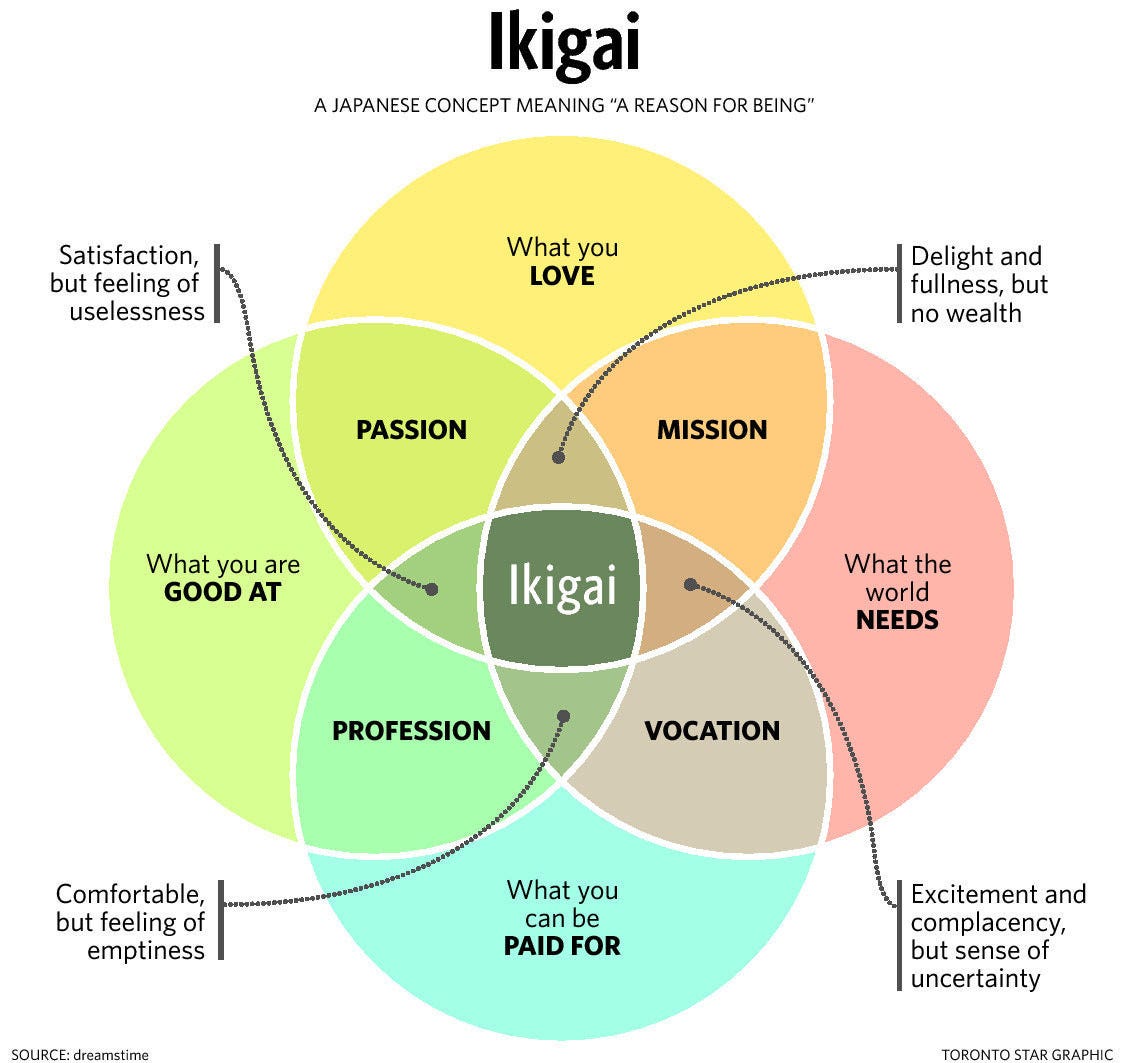It's that awesome time of year! I am so excited to begin a new year with a whole new group of 6th graders. Our school year starts on a Thursday and although my students are typically ready to start learning, (seriously, I had a few ask when they were going to begin learning math and getting homework) I love starting the year with a fun Mindset lesson.
Day 1:
Before the lesson begins, I give each student a half sheet of card stock, coin battery, and LED light. Their task is to create a table tent name tag that lights up. On the paper, they are required to write their name and decorate it in a way that represents them. This gives me a time to go from group to group and begin getting to know my students. (This year, I had everybody's name by the end of class on day 1. Day 2... It's OK, I'll get there.) This activity also gives me a little insight to how the students work and deal with the challenge of making the light turn on. The whole activity takes about 20 minutes.
Next, I introduce a challenge to the class. The students work in groups of 3-4 to create the longest chain out of one piece of paper and six inches of tape in 10 minutes. They can also use scissors, but only as a tool, not part of the chain. After time is called, the students line up their chains to determine the longest chain. This activity is followed by a brief discussion of strategies that worked best. I also ask the students to take note of the amount of unused materials they have left and reflect on why that would be.
Day 2:
The next day, we spend a few minutes recalling the paper chain activity and I ask the students to raise their hand if they think they would be able to create a longer chain if they were given the opportunity to do it again. Pretty much every student raises their hand and I allow them to get back into their groups and try again.
After ten minutes is up, I share with the students that I was not completely honest with them when we started today's challenge. The actual goal is to beat your previous day's chain length. So the students grab their chains from the day before and we line them up and measure the growth (almost every team grows).
Suggestion: I use two different colors of paper for each day so it is easy to see which chain is longer. (Day 1 - red, Day 2 = purple)
We follow this activity with a discussion about which teams had the most growth (it's always the team with the shortest chain on Day 1) and which team has the least growth (typically the Day 1 winners) and why. The students come up with many reasons, they listened to other teams and tried their strategies, or the winning team had to work harder to improve their chain length. (Spoiler, sometimes the winning team does not make a longer chain than they had on Day 1, which leads to the discussion that possibly they didn't feel as much pressure to do better or they didn't learn anything from Day 1 that could help them on Day 2.)
In the end, we decide that this activity can serve as the inspiration for our theme of the year,
"Sometimes you win, sometimes you learn". It leads to an awesome discussion on the importance of learning over grades and speed (which is a common misconception for kiddos in math class even though most mathematicians spend years working on one problem) and sets up the introduction for my hopes, goals, and expectations for math class this year.
It's an awesome activity and it really resonates with my students. Parents often comment that their students come home after day 1 and 2 excited to learn math.
What do you do to hook students on day 1?








